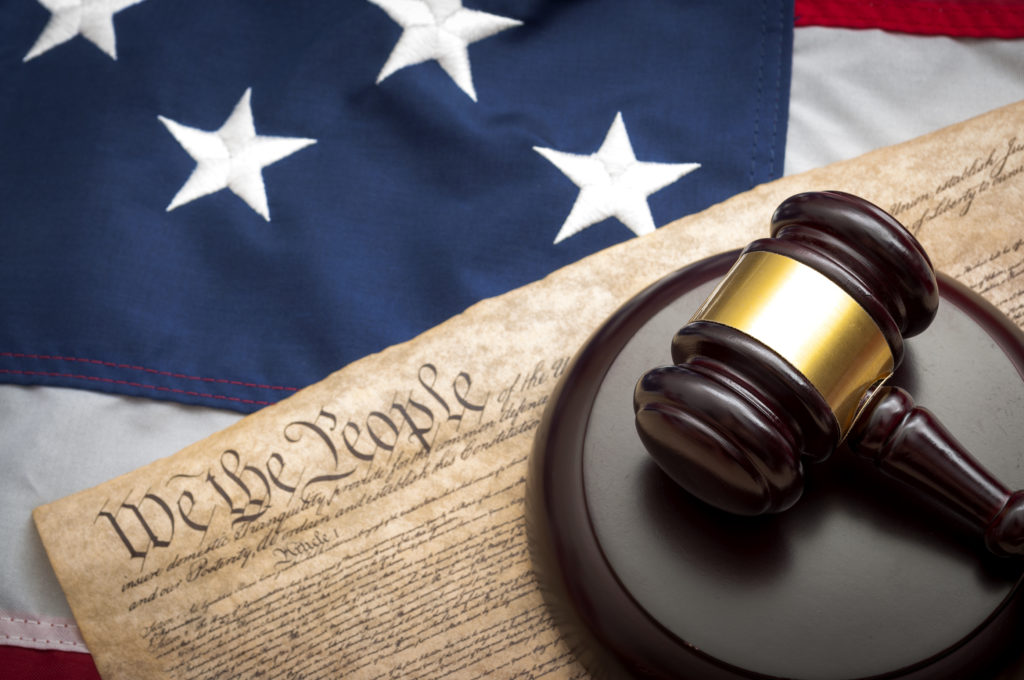Recently some of my author and songwriter friends were nervous about a Supreme Court ruling. They made me nervous by default. So I did some research and here’s what I found out.
On March 4, 2019, the U.S. Supreme Court ruled that having filed for a copyright on creative works is not enough to hold up in court. To file a suit against someone for copyright infringement, your work must be on file with U.S. Copyright Office. See a PDF version of the ruling here.
Some authors don’t bother filing because they heard from so-and-so that it’s protected as soon as you post it somewhere. This idea might be based on the 1976 ruling cited in that same recent document:
“Under the Copyright Act of 1976, as amended, a copyright author gains ‘exclusive rights’ in her work immediately upon the work’s creation. 17 U. S. C. §106.”
However, while methods such as publishing on Amazon or mailing a copy to yourself in a sealed package may be evidence which can protect you from being sued by someone claiming they wrote it first, it no longer allows you to sue someone else for stealing from you. That’s how this ruling impacts artists.
No matter which way the judge’s gavel swings, court fees and lawyers aren’t cheap. Know what is cheap? A copyright. You can get one for about $35 and the procedure is simple.
Search “copyright” and you’ll have to scroll through a series of lawyers who give you the idea it will cost you about $200. Not so. Go here instead and get the information straight from the U.S. Copyright Office (sorry lawyers).
To assist you, the office provides a FAQ sheet on which they give estimates on how long it will take. They also provide contact information in case you want to talk to a live person:
“Overall processing times usually are longer for claims submitted entirely by mail, so the Copyright Office encourages applying online.
The Office understands processing times are important and is working to improve them.
For questions, please contact the Public Information Office by phone at (202) 707-3000 or 1-877-476-0778 (toll-free), or online at www.copyright.gov/help. While the Public Information Office can provide information on pending claims, it can take the Copyright Office as long as the outer ranges set forth below to issue decisions on whether to register claims.
The average processing time for all claims is 7 months. Refer to the charts below for details on web and mail claims, and claims with
correspondence.”
The long and short of this is “when in doubt, copyright.” Your best protection is to have your creative work registered in the Library of Congress. A lawyer or judge won’t even consider the case if you supply your certificate.
Considering there are around a million self-publishers, I wonder: Do you really want to be one of those involving Amazon in a legal case because you didn’t have a proper copyright certificate in hand?
Those of you who have written a series should definitely hurry over to the copyright office and find out about the changes happening in bulk submissions next week.
I hope this brings more understanding and less panic. If you have additional information on the subject, please add your comment below.

Yes, go for the U.S. Copyright Office. The form is not so easy to navigate (it WAS created by the U.S. Gov’t), but upon completing it and sending it in, you’ll feel confident that you’re well protected for many years.
Thanks for posting.
George Putnam